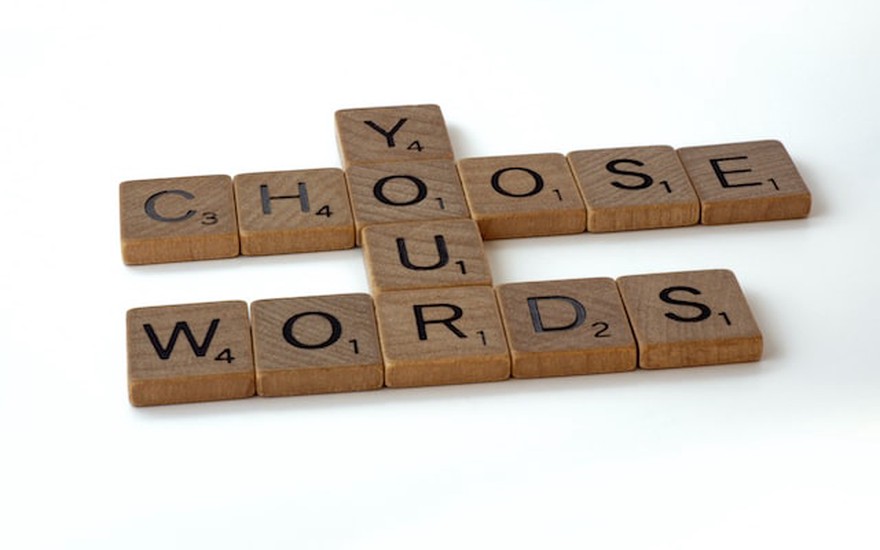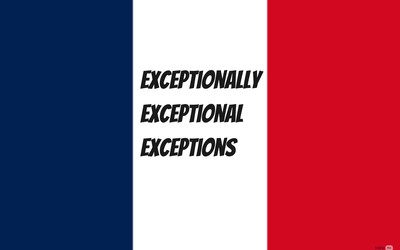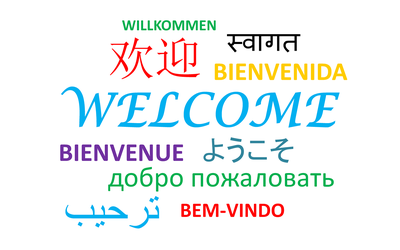
How to translate a document into any language!
A basic introduction on how to translate texts into the languages you know!Hello and welcome!
Have you wondered how public documents were translated into the language you're currently reading? How could somebody with different origins submit a blog written in a different language than his native language? This is all what this blog is all about; Translating stuff!
Before we start, you need to know at least 2 or more languages completely, enough to be able to use both in an everyday conversation. I will use the French language as a template in this blog to show how to translate, for orthographical reasons (fancy way to say that it's easier to translate from/to languages that uses the same alphabets.)
The Difference between translating words and sentences:
Yes, there's a difference! You don't translate a word the same way as you translate a sentence. Let's say for example we want to translate these two sentences randomly made up:
- Côte.
- Je me suis cassé une côte.
- Nous habitons près de la côte.
When you see the word target, you determine its type of word and see its characteristics (If it's a noun, you see its gender and number, if it's a verb you see at which time the verb is conjugated to, to what pronoun, etc.)
Here, the target word is "côte". If you already know this word, it migh not be necessary to use a dictionary. That's why you need to have some vocabulary in your brain, so that if you forgot to bring your dico, you at least have an idea about the meaning of the target. Anyways, "côte" has a different meaning depending on what we use it for. Individually it means the border of a sea or an ocean, but it can also mean the rib, the curved bones in the chest.
But be careful, don't just go all in and search in the dictonary for every word you meet, that's called "word-to-word" translation, and it's bad. We will talk about this in the next heading. So when you have your sentence, read it, know the meaning of the whole sentence instead of all the words that compose the sentence. Once you have the meaning of the sentence in mind, try to formulate the sentence with the exact same meaning. if you know French, read the sentence, then try to formulate a sentence with the same meaning, here one possible translation is "I broke my rib". I will let you do sentence 3 of your own, try and formulate one possible translation.
Be aware of bad habits:
There are some bad things a translator could do wrong, some common things to absolutely never do are:
- Translate word-to-word: This is the worst thing to do, because you will be focused on translating like one word after another and then fix it with extra strong glue; This is the wrong way of translating that people might be tempted to use but trust me. The dictionary is your trump card in case you don't know the meaning of a word or want to verify, but not for everything. Remember: A football team play together for a common purpose.
- Use Google Translate for the whole sentence: As in the previous point, you should, more often than not, translate yourself instead of using Google Translate or translation program. a program is a program, it doesn't fully understand the human part of translation. It's like Stockfish for chess, it is good for finding mates, but not for openings. It's the same things; Google Translate can be a useful tool for one word or very short sentences, but not for more complex phrases.
Conclusion:
Translating a text can be hard at first, and the habit of translating word-to-word is difficult to delete but everybody can do it, only if you really want to. i hope you enjoyed this quick introduction, I may have forgotten to add important notes, but hopefully you will begin your translating career with the right foot. Give feedback in the comments and click the like button and see ya in a next blog!
More blog posts by WassimBerbar

The Art of Puns
I had this blog in my drafts, so I decided to finish it and post it!
How to write a book!
The simple beginner's editor guide to story-telling!
How to learn the French language!
Everybody knows the iconic "En passant" in chess, I will explain its meaning and more in this blog!
